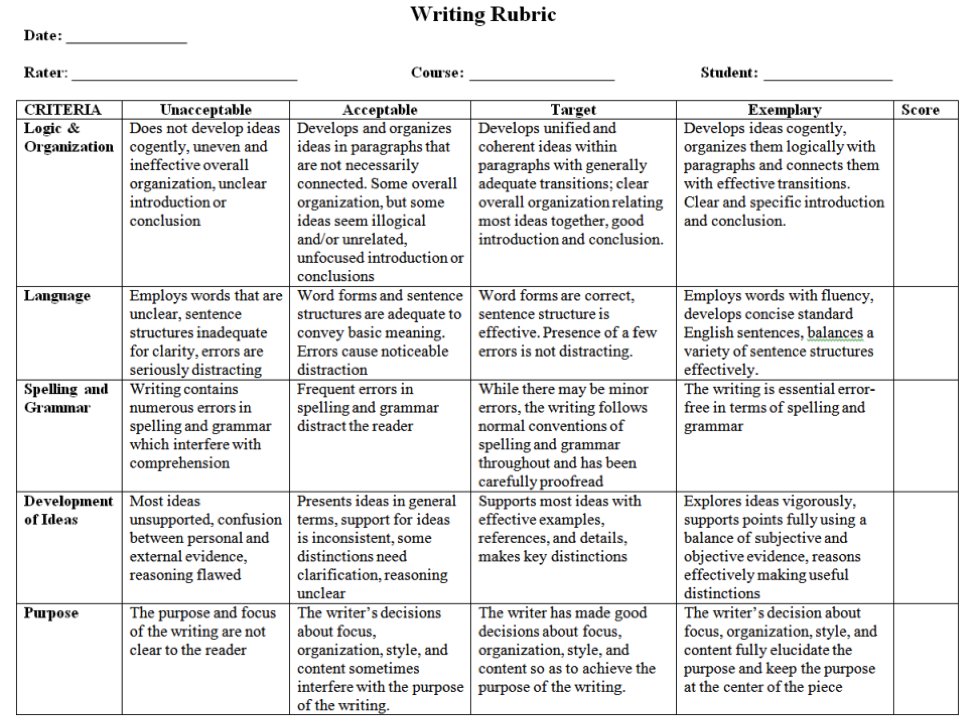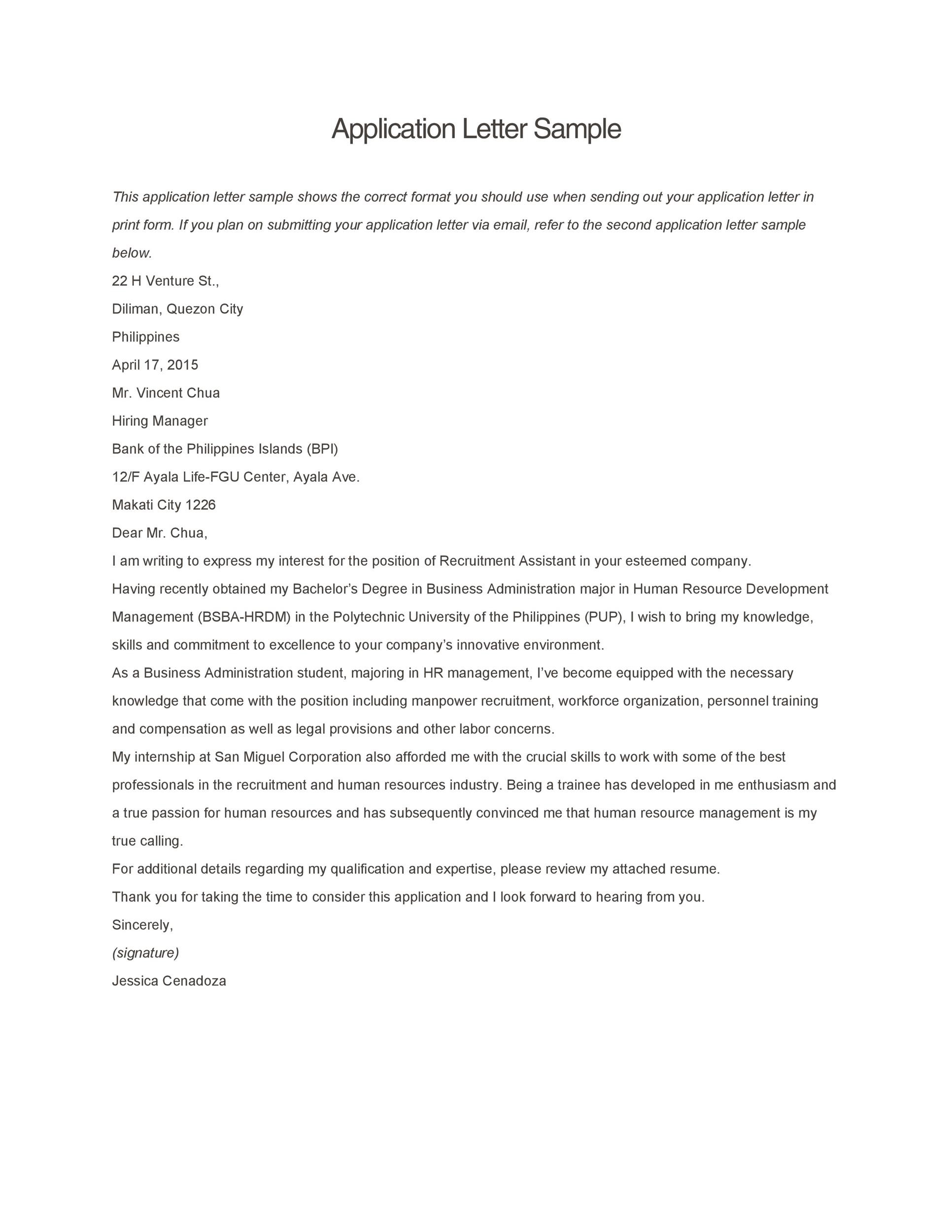An Essay on the Principle of Population (Oxford World's.
An Essay on the Principle of Population, as it Affects the Future Improvement of Society with Remarks on the Speculations of Mr. Godwin, M. Condorcet, and Other Writers.
An Essay on the Principle of Population is a poignant critic and examination of, the causes that have hitherto impeded the progress of mankind towards happiness. Namely, humanitys perpetuating conundrum of population and its tendency to increase beyond the means of subsistence.

In 1798 Thomas Malthus wrote An Essay on the Principle of Population. It posed the conundrum of geometrical population growth’s outstripping arithmetic expansion in resources. Malthus, who was an Anglican clergyman, recommended late marriage and sexual abstinence as methods of birth control.

An Essay on the Principle of Population Summary These notes were contributed by members of the GradeSaver community. We are thankful for their contributions and encourage you to make your own. Written by people who wish to remain anonymous.

The Essay on the Principle of Population, which I published in 1798, was suggested, as is expressed in the preface, by a paper in Mr. Godwin’s Inquirer. It was written on the impulse of the occasion, and from the few materials which were then within my reach in a country situation.
An Essay on the Principle of Population is an influential treatise first published anonymously in Great Britain in 1798.

An Essay on the Principle of Population by Thomas Malthus. Written: 1798 Source:. Mr Godwin's essay on 'Avarice and Profusion' - Impossibility of dividing the necessary labour of a society amicably among all -Invectives against labour may produce present evil, with little or no chance of producing future good - An accession to the mass of.

Essay on the principle of population, 1826 Malthus was a demographer before he was ever considered an economist. He first came to prominence for his 1798 publication, An Essay on the Principle of Population. In it, he raised the question of how population growth related to the economy.

Buy An Essay on the Principle of Population by Malthus, Thomas (ISBN: 9781846373947) from Amazon's Book Store. Everyday low prices and free delivery on eligible orders.

The Essay on the Principle of Population, which I published in 1798, was suggested, as is expressed in the preface, by a paper in Mr. Godwin's Inquirer. It was written on the impulse of the occasion, and from the few materials which were then within my reach in a country situation.

Essays for An Essay on the Principle of Population. An Essay on the Principle of Population essays are academic essays for citation. These papers were written primarily by students and provide critical analysis of An Essay on the Principle of Population by Thomas Malthus. Malthus and Darwin: A Study of Theories and Their Adaptation.

An Essay on the Principle of Population (1798) examines the tendency of human numbers to outstrip their resources, and argues that checks in the form of poverty, disease, and starvation are necessary to keep societies from moving beyond their means of subsistence.

The book An Essay on the Principle of Population was first published anonymously in 1798, (1) but the author was soon identified as Thomas Robert Malthus.The book warned of future difficulties, on an interpretation of the population increasing at a geometrical ratio (so as to double every 25 years) (2) while an increase in food production was limited to an arithmetic ratio, which would leave a.



